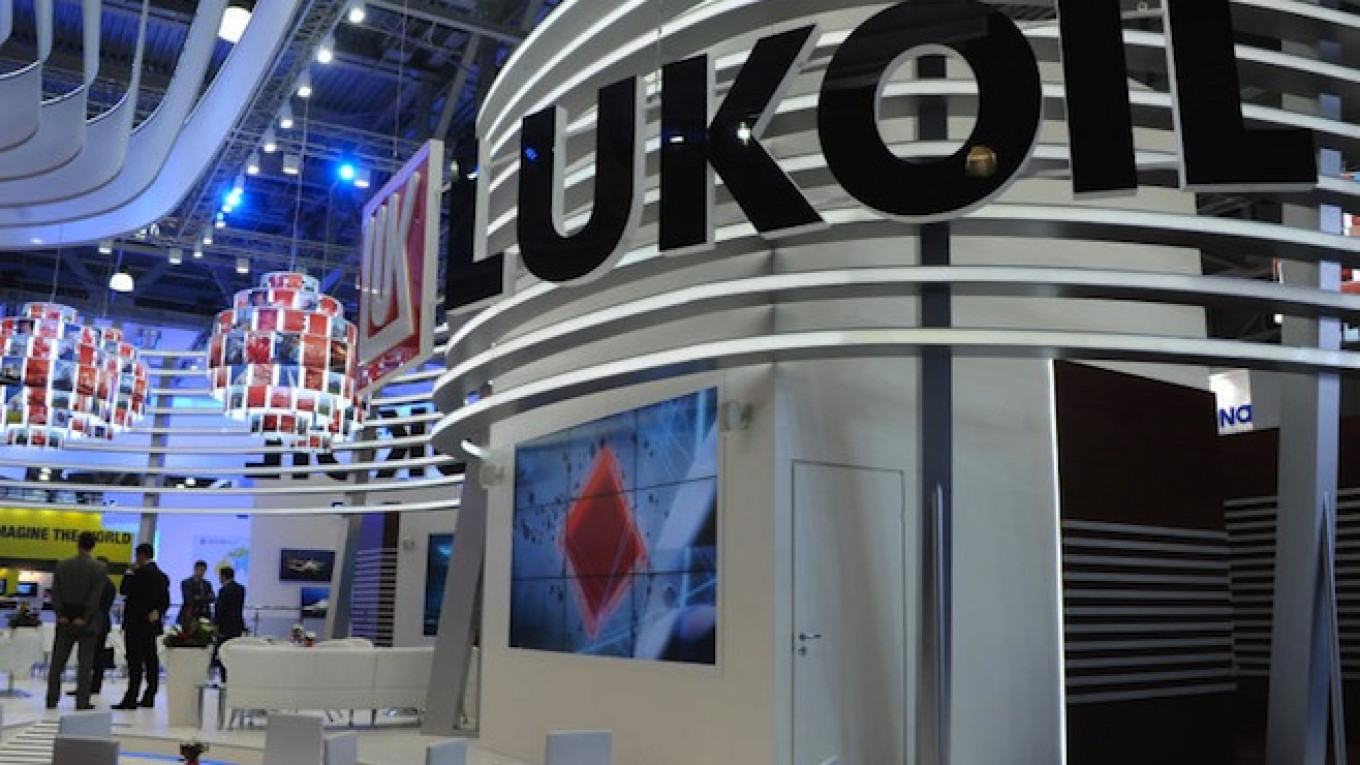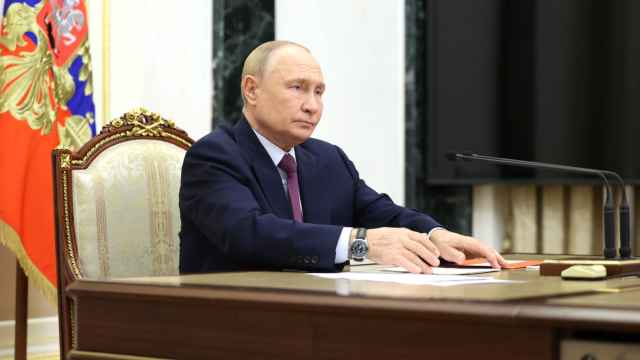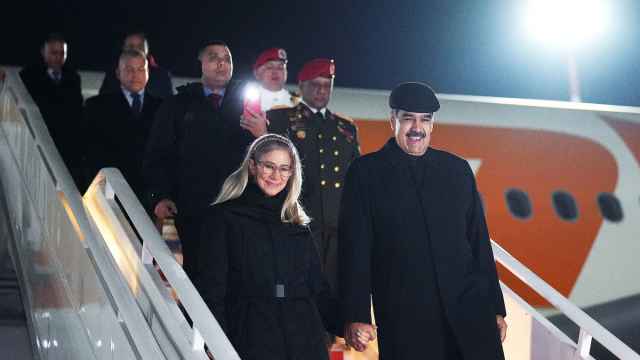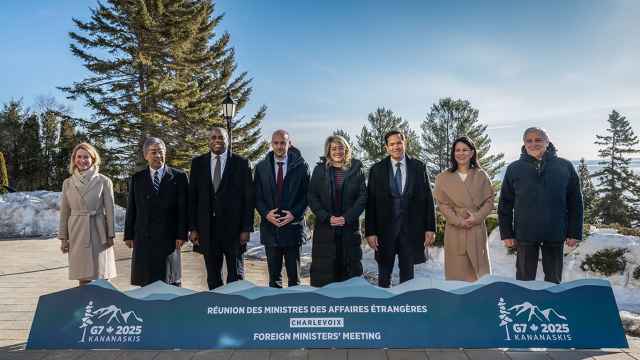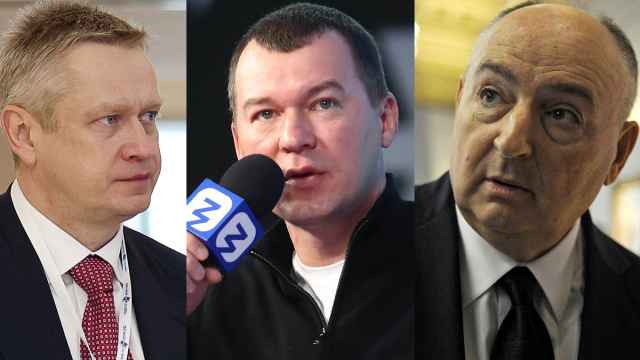LUKoil will likely pull out from Saudi Arabia where the economics of its search for gas have been crushed by the collapse of the oil price, three industry sources said.
LUKoil is Russia's largest private oil company. The Russian energy industry's ventures abroad often parallel Kremlin foreign policy, which has turned cooler towards Saudi Arabia. Some in Moscow blame Riyadh for allowing the oil price drop, which has hobbled Russia's economy, by not cutting output.
LUKoil was the last company left active in the consortia of international oil firms Saudi Arabia invited in 2003-2004, part of a high profile drive to find gas in its southeast Empty Quarter, the Rub al Khali.
It has a majority stake in Luksar — a joint venture with state oil company Saudi Aramco — which was set to drill deep for the unconventional gas, called tight gas, this year after more than a decade-long hunt for conventional deposits that has proved futile.
Luksar was winding down, an industry source said.
"By June, six or seven people will be there, so this is not a company anymore," the source said. "There are so many economic issues, it is uneconomic, with the low oil prices, the deep targets, it is expensive."
A LUKoil source said the exit was likely.
"There is no chance to get a reasonable price for gas from the Saudi government now when oil is so cheap," he said.
Saudi Aramco has said it plans to cut costs and renegotiate contracts as a result of the lower oil prices. The slump in oil prices since June is testing the ability of listed oil companies to support cash flows and has sparked a rush to cut costs across the sector.
None of the other companies, with the exception of Royal Dutch Shell, have said publicly they have pulled out from the Empty Quarter.
But China's Sinopec, Italy's Eni and Spain's Repsol have all abandoned the search because of the relatively high cost and low returns of developing gas in Saudi Arabia, where sales prices are fixed at a fraction of probable production costs.
"It wasn't a good prospect to begin with, the economic outlook has changed globally, it was always a high risk development," said Sadad al-Husseini, a former senior executive of Saudi Aramco and now an energy consultant.
A third industry source said LUKoil was evaluating its options in Saudi Arabia and that there was no final definitive decision taken. Talks with Saudi officials were still ongoing but the company was "close to taking a decision... if there is no movement on improving the economics of the project."
Saudi Aramco declined to comment.
Saudi Arabia wants natural gas to help it cover subsidized domestic power demand so it can save its oil for more lucrative exports.
LUKoil had decided to carry out trial work costing around $300 million in the Empty Quarter involving drilling one vertical and two horizontal wells which will take about two years, chief executive officer Vagit Alekperov said in a LUKoil publication on Jan. 31.
Alekperov said he was assured the gas price could be flexible for an individual project so its economics are attractive for the investor.
LUKoil, Russia's second-largest oil producer said in March its net income fell by 39 percent last year to $4.75 billion, missing analysts expectations, due to weaker oil prices and non-cash impairment losses.
It may also leave almost all of its projects in West Africa as it has made no large discoveries there, a company executive said last month.
A Message from The Moscow Times:
Dear readers,
We are facing unprecedented challenges. Russia's Prosecutor General's Office has designated The Moscow Times as an "undesirable" organization, criminalizing our work and putting our staff at risk of prosecution. This follows our earlier unjust labeling as a "foreign agent."
These actions are direct attempts to silence independent journalism in Russia. The authorities claim our work "discredits the decisions of the Russian leadership." We see things differently: we strive to provide accurate, unbiased reporting on Russia.
We, the journalists of The Moscow Times, refuse to be silenced. But to continue our work, we need your help.
Your support, no matter how small, makes a world of difference. If you can, please support us monthly starting from just $2. It's quick to set up, and every contribution makes a significant impact.
By supporting The Moscow Times, you're defending open, independent journalism in the face of repression. Thank you for standing with us.
Remind me later.


